Petrochemical SustainableSources Biobased 20-11-2020 - Arhive
Petrochemical SustainableSources Biobased
Crude Oil Prices Trend

-The potential of recycled packaging for food contact in Asia
Is Asia seeing the acceptance of recycled materials into food contact plastics (FCMs)?
With no previous country-specific regulation to explicitly allow or prohibit the use of recycled plastics in food applications in Asia (except Japan), recent updates by Korea, China and Thailand indicate that the region may soon see food packaging applications using recycled materials.
“The use of recycled materials in FCM is becoming a ‘very hot topic’ in China,” China’s National Center for Food Safety Risk Assessment (CFSA) Deputy Director, Zhu Lei, said last month at a Chemical Watch Key Regulatory Updates conference, The agency is now conducting an industry survey and initiating a risk assessment method for recycled FCM.
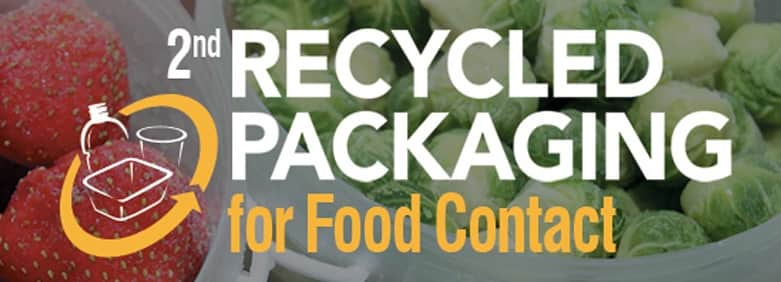
-High-Performance Black Masterbatch for Styrenics
Cabot’s new Plasblack XP6801D is a new generation SAN-based formulation for styrenics without the trade-off between color and mechanical properties.
What is said to be a unique black masterbatch based on styrene acrylonitrile (SAN) was developed by Boston-based Cabot Corp. to meet the needs of the styrenics market without the trade-off between color and mechanical properties. Petrochemical SustainableSources Biobased
According to the company, customers using Plasblak XP6801D carbon black masterbatch can expect to achieve higher color without sacrificing impact properties and to lower masterbatch loading in the final compound offering formulation flexibility to meet stricter customer performance requirements. This colorant is also said to deliver the same performance with up to 50% less material, reducing handling, transport logistics and associated transportation-related GHG (green house gas) emissions.
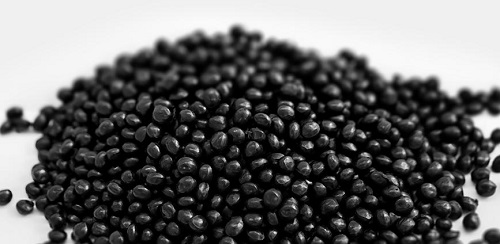
-BMW chooses INEOS Styrolution’s StyLight
INEOS Styrolution, the global leader in styrenics, has announced today that BMW M has selected the aesthetic composite StyLight as the material of choice for a new generation of ergonomically optimised carbon shift paddles. Petrochemical SustainableSources Biobased
The selected material for the shift paddle application is INEOS Styrolution’s carbon composite StyLight Aesthetic S C245-1-060, back-moulded with PC/SAN GF30. It was specifically developed for automotive interior and exterior applications and a range of applications in the electronics as well as the sports and leisure industries.

-Continuous Fiber Reinforced Inserts for Large Flat PP Parts
Selective PP reinforcements from Integrated Composite Products (ICP) offer significant improvements in strength, stiffness and impact properties.
Continuous fiber reinforced inserts for large flat PP parts that are said to offer mechanical engineers lightweight options with significant improvements in strength, stiffness and impact properties while only adding pennies to the overall part cost have been developed by Integrated Composite Products (ICP), Winona, Minn.
Founded in 2013, ICP is an innovative developer of low-cost, lightweight long and/or short fiber composite materials with several patents under its belt.
Among the newest developments are the company’s new thermoplastic Tension Members (TM), which are essentially continuous glass reinforced PP rods or inserts for PP application in injection molding and/or compression molding. Petrochemical SustainableSources Biobased
Typical applications targeted include boards, scaffolding, bins, shelving, pallets, bumper beams, seatbacks, tailgates, and other similar large structures.

-UK chemicals decarbonisation only possible with large private, public effort
Continued successful large-scale chemicals production in the UK relies on further significant decarbonising of the sector.
In theory, the investments planned by energy and chemicals companies to help reduce carbon output from specific industrial clusters across the country should help secure production. Petrochemical SustainableSources Biobased
The UK’s Prime Minister Boris Johnson outlined on Wednesday ambitions to become a technology leader in carbon capture and storage (CCS), aiming to remove 10m tonnes of carbon dioxide emissions by 2030.
Industry and government will have to work much more closely together than they have in the recent past, however, if the so-called ‘Green Industrial revolution’ is to be realised.
And that means not simply investing wisely but also creating an operating and cost environment in which a cleaner or greener industry can thrive.
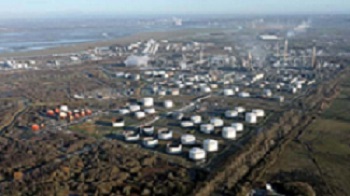
-IKV Digital event series on plastic optics production
Since 2014 the IKV has been organising the two-day conference Aachen Polymer Optics Days together with the Fraunhofer Institutes IPT and ILT. This year, the event was cancelled due to the coronavirus pandemic. Instead of cancelling this year’s conference without replacement, the organisers are now focusing on an online series of events.
From December 2020 to November 2021, the online sessions will be held quarterly on various topics.The online session ‘Injection moulded optics’ is the first of the online series of events. The online sessions offer numerous specialist lectures aimed at an audience from science and industry. Following the presentation part, a networking and discussion session will be moderated by the photonics consortium EPIC, which offers participants the opportunity to address interdisciplinary questions and interests. The language of presentation and discussion will be English. Petrochemical SustainableSources Biobased
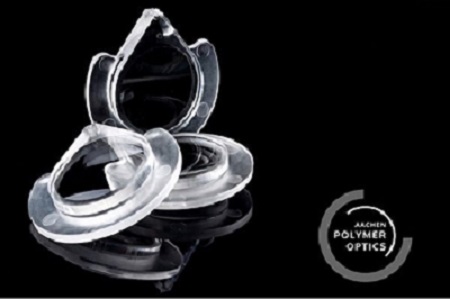
-Euratex unveils plan to scale textile waste handling
The European Apparel and Textile Confederation (Euratex) has unveiled a new initiative to upcycle textile waste and circular materials across the continent.
The group aims to establish five recycling hubs, known as ReHubs, serving the whole of Europe for upcycling waste and circular materials by collecting, sorting, processing, and recycling industrial, pre and post-consumer textile wastes.
It says the increase of collected textile waste from 2.8m tonnes to between 4.2m and 5.5m tonnes will become a major environmental and economic challenge unless a large-scale and coordinated system for collecting, sorting, and recycling all textile waste streams is developed by 2024. Petrochemical SustainableSources Biobased
Implementing the ReHubs will pool together major efforts and investments for circular textiles from over 100 businesses from across the European Union, with guidance from technology/business-neutral organisations.
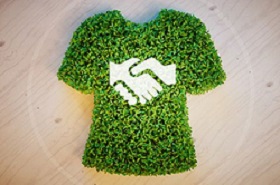
-Electric vehicle demand to spur global lithium recovery
The pace of recovery in the global lithium market, which has been in the doldrums for two years, is set to accelerate as the electric vehicle (EV) sector transitions from one driven by government policy to one that is driven by consumer demand.
The main catalyst for the recovery is the mandatory vehicle emission regulations imposed in Europe and China. European new EV sales rose by 99pc year-on-year in September while Chinese sales increased by 113pc year-on-year in October, according to financial services firm Morgan Stanley. Petrochemical SustainableSources Biobased
The UK government has joined others in tightening policies, announcing a ban on the sale of new petrol- and diesel-only cars from 2030 as part of its goal to achieve net zero carbon emission by 2050. It had targeted 2040 and 2035 for the end of fuel-only new vehicle sales.
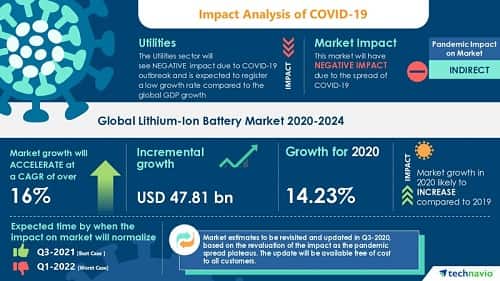
-Glass bottles amongst most environmentally impactful says Southampton study
Research by environmental experts at the University of Southampton has determined that glass bottles are likely to be more environmentally impactful containers for pre-packaged drinks than plastic bottles. Petrochemical SustainableSources Biobased
Also, Tetra Pak-style fruit juice cartons, current milk cartons and 100% aluminium cans are actually amongst the most environmentally-friendly.
The life-cycle assessment of drinks containers, conducted by Southampton postgraduate researcher Alice Brock, together with Ian Williams, Professor of Applied Environmental Science, found many, more suitable alternatives to plastic bottles for pre-packaged drinks. The findings are published in Detritus, the Journal for Waste Resources and Residues.
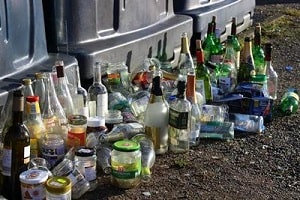
Klöckner Pentaplast (kp), a global leader in recycled content products and high-barrier protective packaging, announces its commitment to expand its PET extrusion with in-line stretching capacity by 10,000 metric tonnes.
The expansion will take place at the company’s Rural Retreat location in Virginia, to address demand growth for heat shrink sleeve labels, enabling them to better serve their customers in North America. Petrochemical SustainableSources Biobased
“The North American heat shrink sleeve market is a high growth business for kp. Against the backdrop of growing demand, this multi-million dollar investment will also support our customers’ need to fulfil the market demand for more sustainable options.” said Tracey Peacock, kp’s President of the Pharma, Health and Specialties (PHS) Division. “For kp, the capacity expansion strengthens our local footprint in the US and reinforces our position as a long-term sustainable partner for our customers, offering them full-service, best in class product capabilities and technical support right at their front door.”
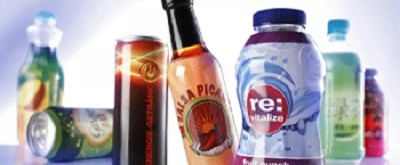
Petrochemical SustainableSources Biobased
